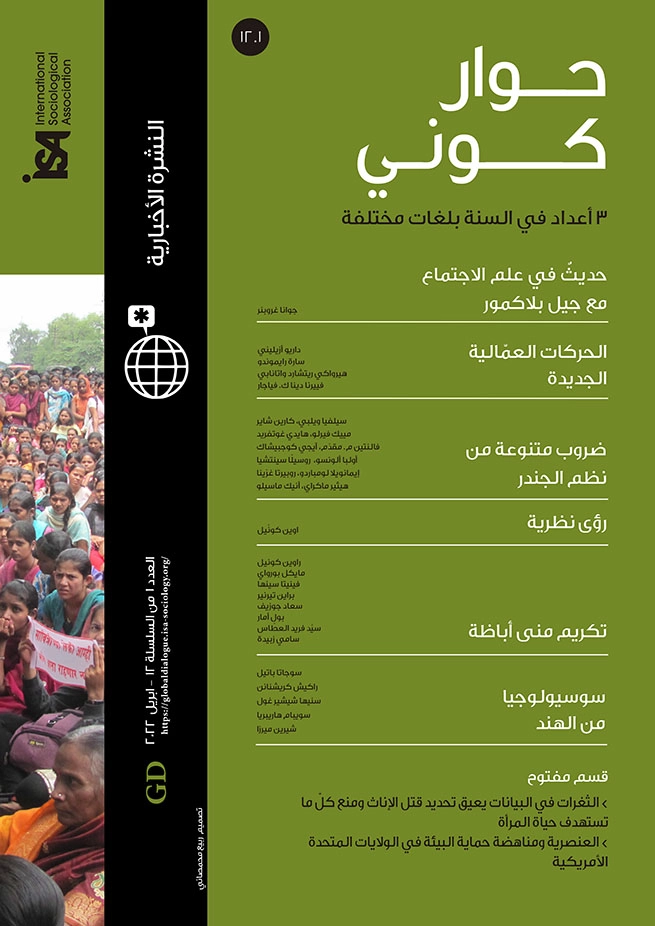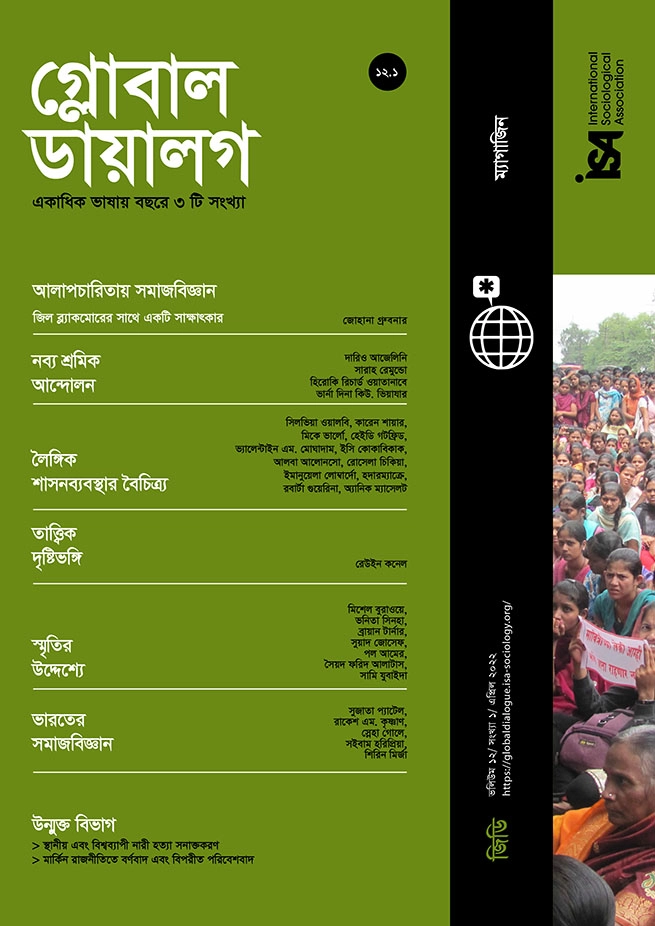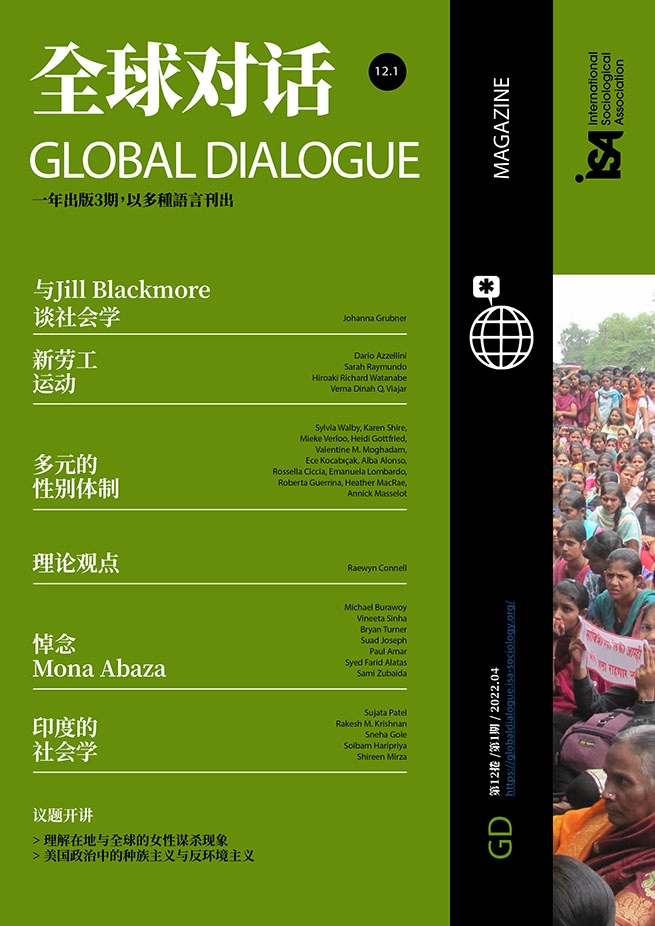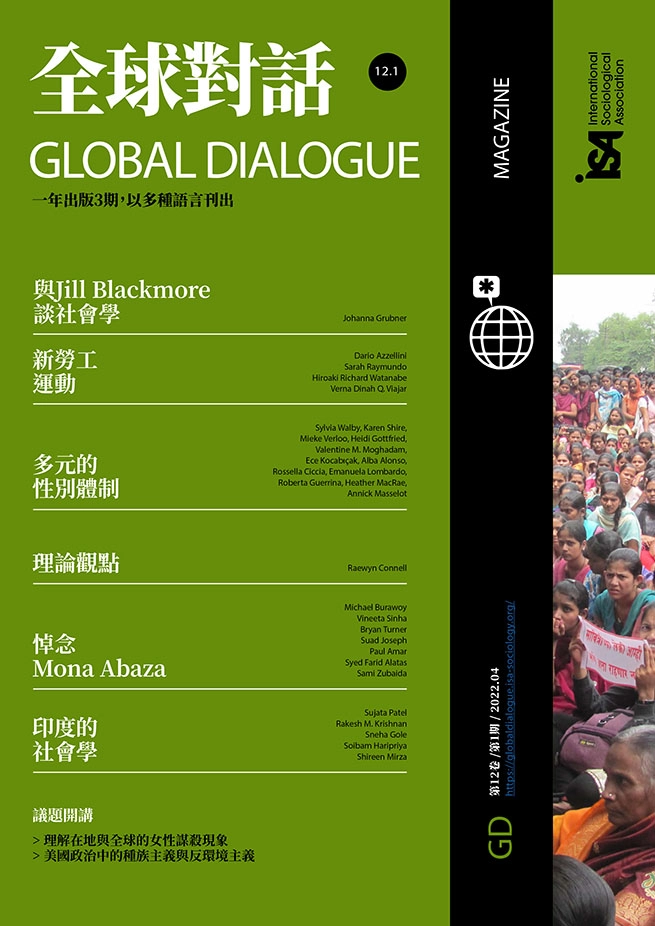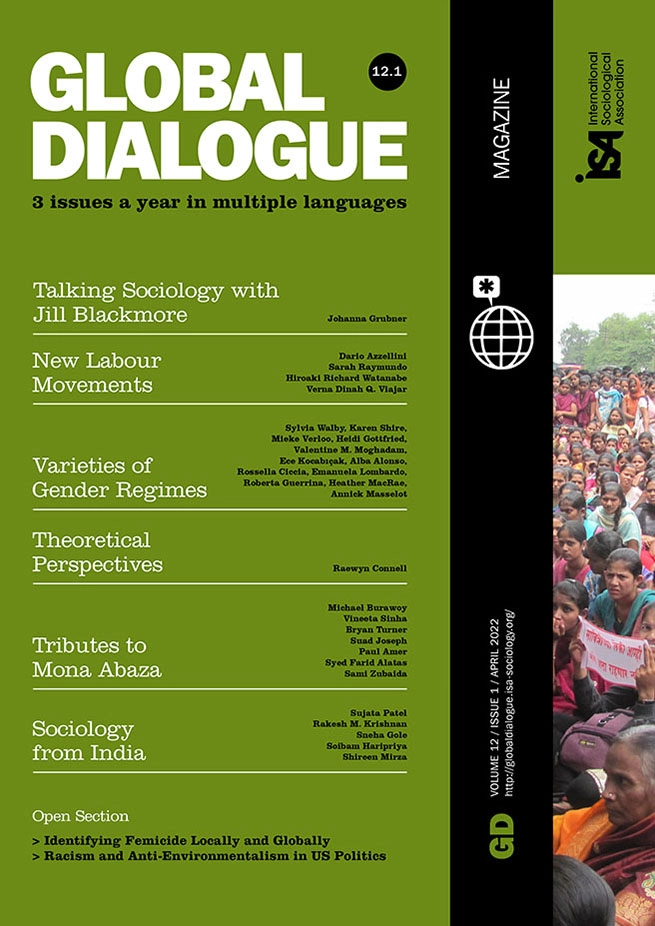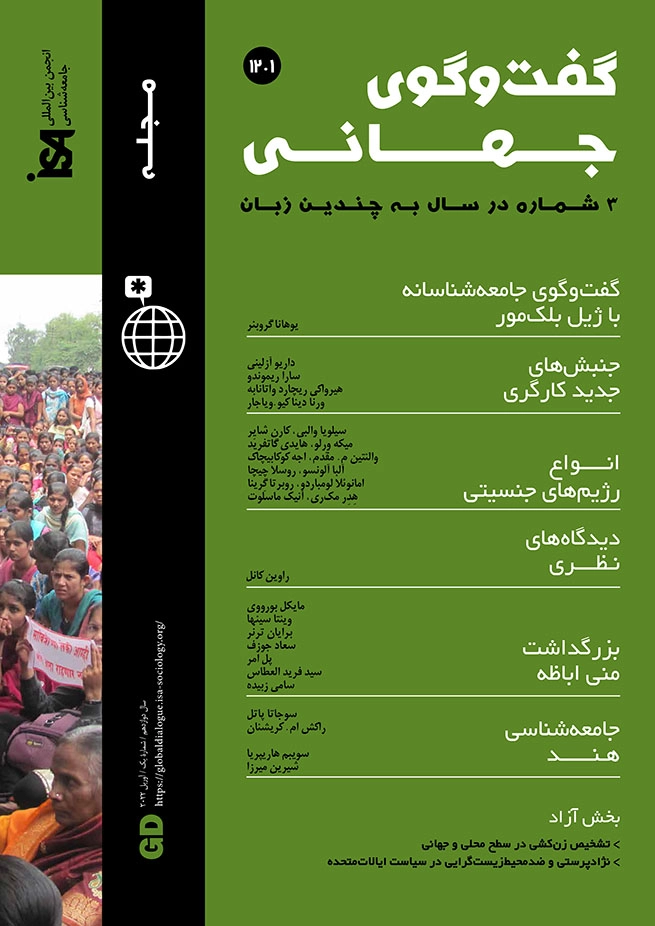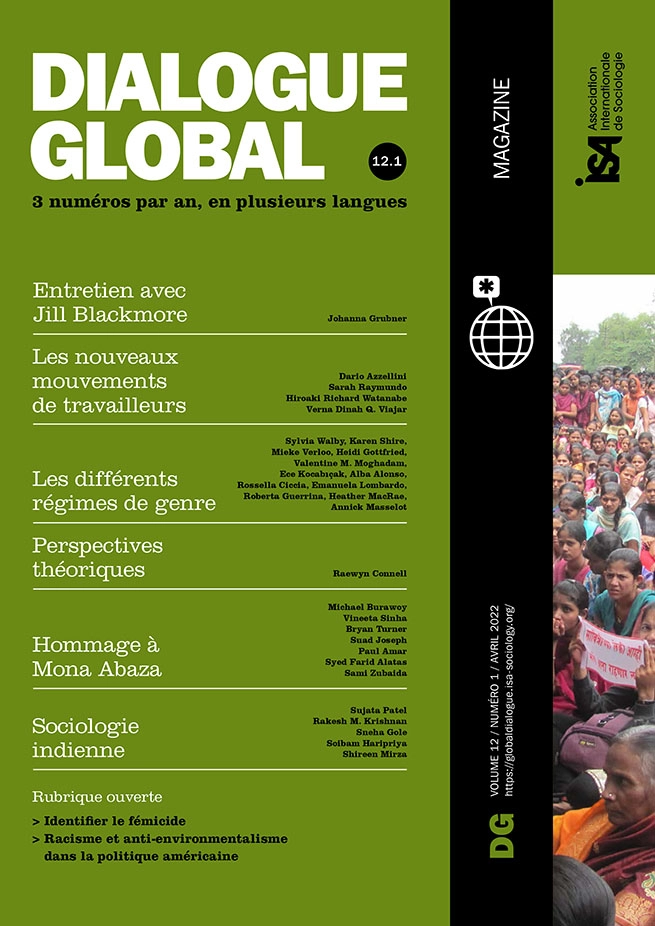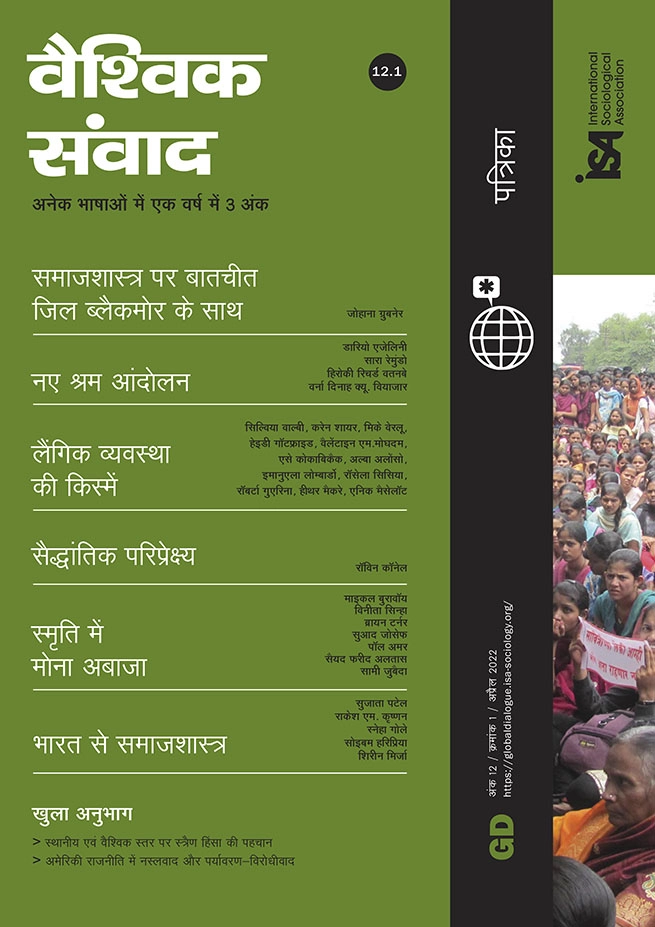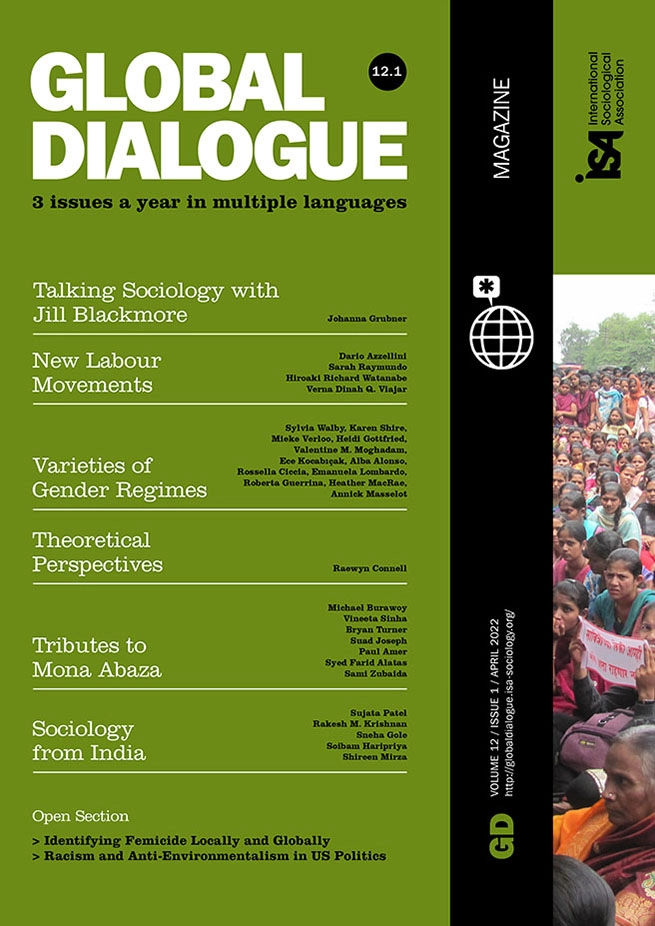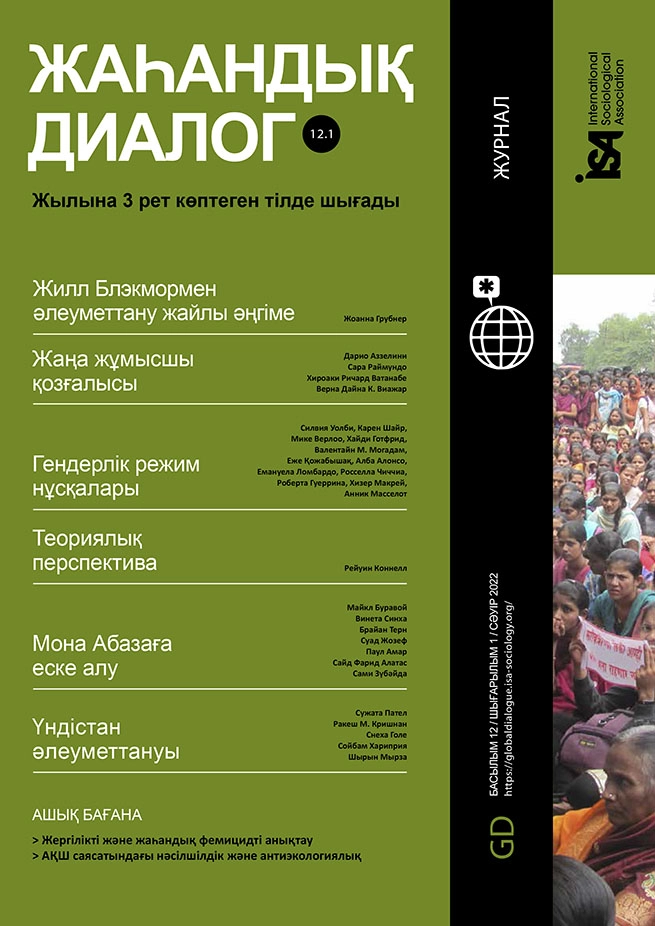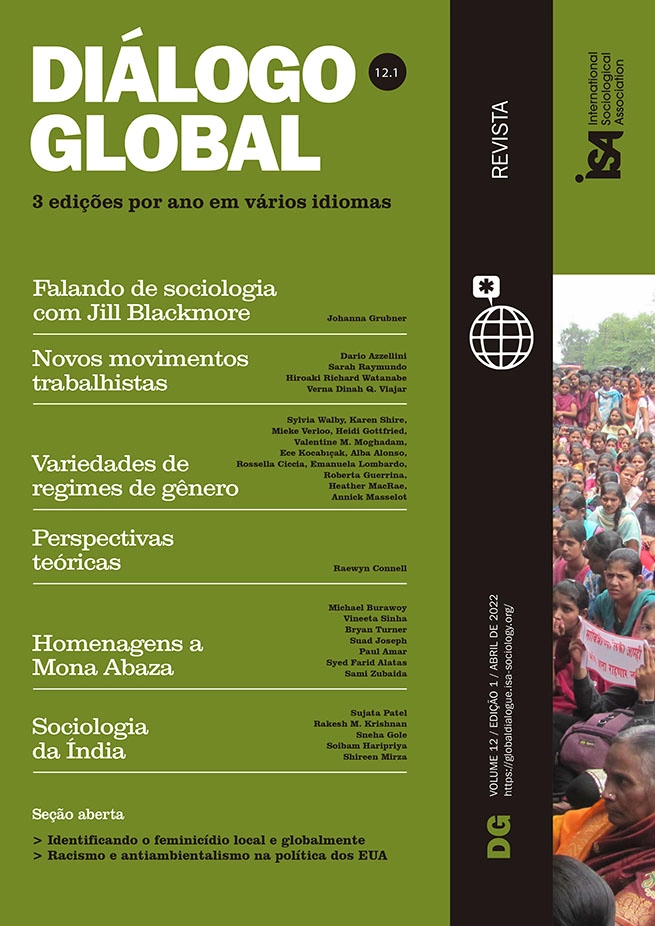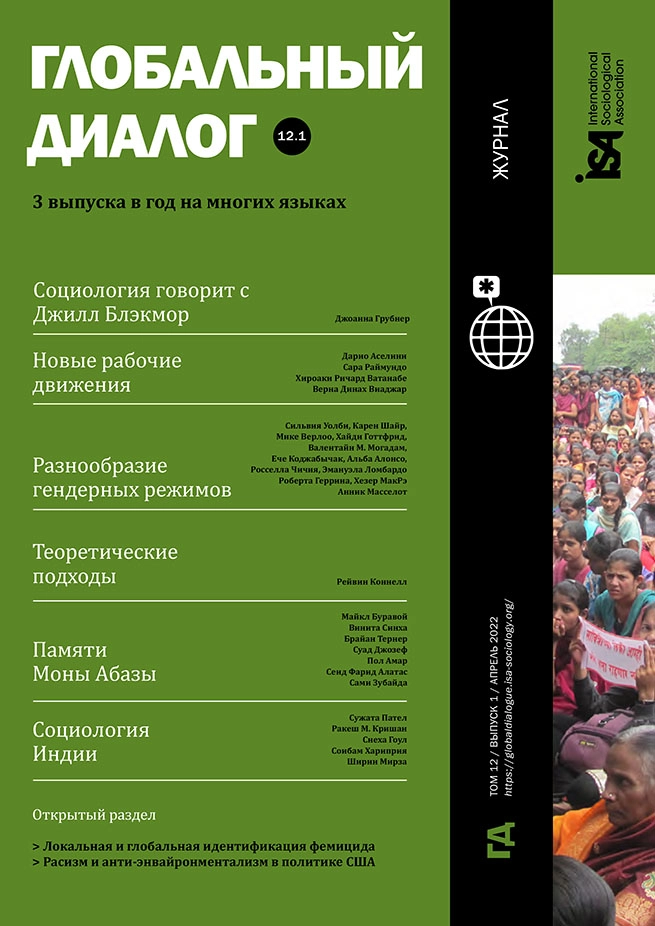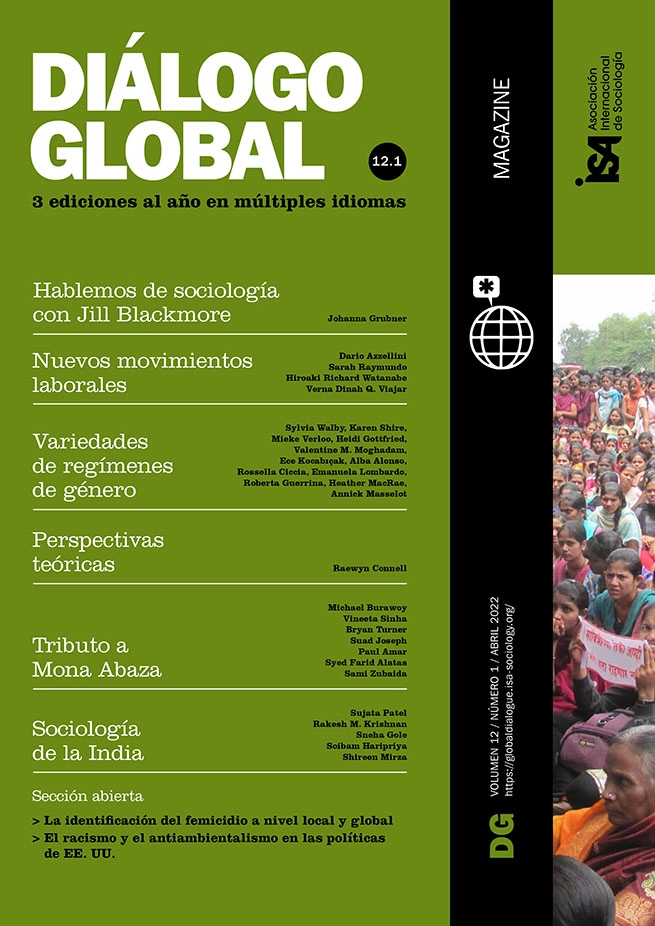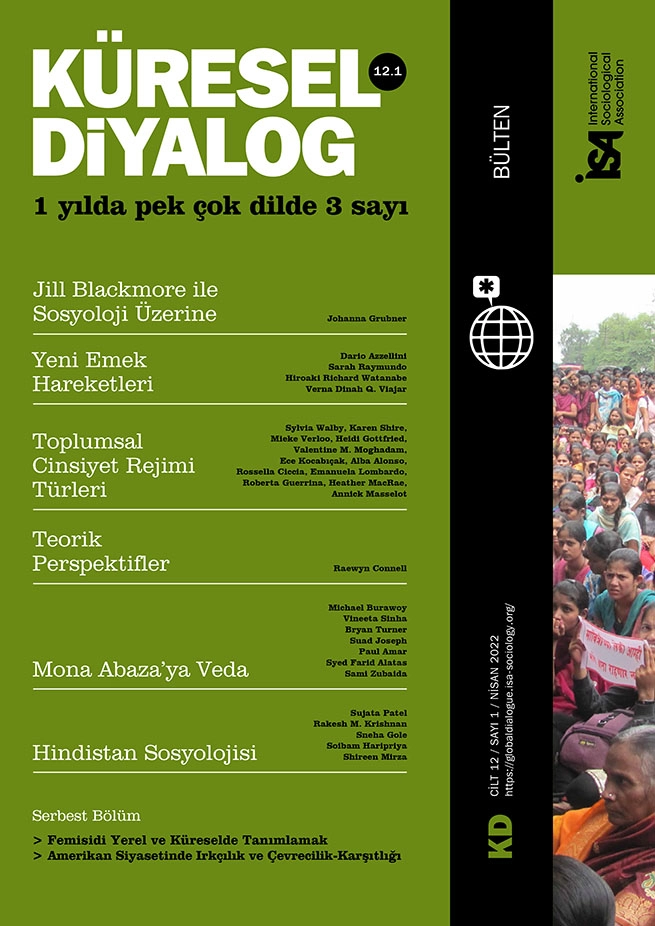Entrepreneurial Universities and Epistemic Injustice An Interview with Jill Blackmore

February 25, 2022
Jill Blackmore PhD is Alfred Deakin Professor in Education, Faculty of Arts and Education, Deakin University, Australia, and Fellow of the Academy of the Social Sciences. She researches – from a feminist perspective – globalization, school and higher education policy, and governance; international and intercultural education; leadership and organizational change; research assessment and epistemic justice; spatial redesign and innovative pedagogies; and teachers’ and academics’ work. Recent projects have focused on international student mobility, identity, belonging, and connectedness; employer attitudes to graduate employability in China and India; and school autonomy reform. A previous project is to be published in Disrupting Leadership in the Entrepreneurial University: Disengagement and Diversity (Bloomsbury, 2022). Prof. Blackmore has been on advisory committees and statutory authorities related to education, gender equity, and diversity policy. She has provided policy advice to the OECD, governments, and private and professional organizations, and has developed evaluation frameworks. Prof. Blackmore is former Inaugural Director of Deakin Centre for Research in Educational Futures and Innovation, President of the Australian Association of Research in Education, and currently Vice-President of the Australian Association of University Professors.
Here she is interviewed by Johanna Grubner, a PhD researcher at the Johannes Kepler University, Linz, Austria, and assistant editor of Global Dialogue.
JG: You have been studying the profound restructuring that Australian universities have undergone over the last 30 years. What were these restructurings, what forces drove them, and what effects did they have on academic knowledge production?
JB: Australian and international governments have sought to tightly link universities to national economies, beginning in Australia with the unification of the sector into 39 universities after 1990. New public administration approaches and neoliberal policies promoting markets were circulating widely in the Anglophone nations and infiltrated into universities at this time. Over three decades, universities globally have experienced the processes of internationalization, managerialism, marketization, financialization, and now datafication enabled by digitalization. Vice-Chancellors (VCs) and Deans have accumulated significant executive power through serial restructuring and have replaced elected Deans and Heads of School with appointments since the 1990s. At the same time, the upper levels of senior management have expanded exponentially, based on the claim that universities need to be agile in response to changing geopolitics and policy volatility. Universities are funded for teaching based on student numbers in particular courses. Due to reduced government funding, Australian universities have relied increasingly on international students for discretionary income, leading to considerable investment in marketing and cross-subsidization of research from teaching.
Organizational restructuring has been seen as the solution to improve efficiency and effectiveness but has never been evaluated as to its effects. The centralization of managerial power with regard to policy and budgets has sidelined collegial practices of academic governance, with Academic Boards relegated responsibility only for quality assurance. Significant disenchantment is expressed by academics over high workloads and lack of a role in decision-making. Institutional flexibility has been achieved through casualization of the academic workforce and high teaching loads. This has impacted particularly on women, who are most often on contract and concentrated at lower levels of the academic workforce. Together with the introduction of research assessment in 2010, the overarching effect of these trends on knowledge production is that what can be counted (e.g., metrics) or commercialized is valued more; academic practices have, thus, been shaped by quantification and the focus on measurable and immediate outputs.
JG: Could you speak about the effects of the transformation from a comprehensive to an entrepreneurial university, particularly for female academics and feminist knowledge production?
JB: As the policy focus has moved from research capacity building in the 1990s to quality and excellence in the 2000s with global rankings and research assessment, VCs have sought to make each university distinctive through prioritizing teaching and research, leading to greater differentiation between and within Australian universities. This has produced a shift from a comprehensive university to an entrepreneurial one focused on partnering with industry, government, and philanthropists. The postgraduate market has also collapsed with deregulation and multiple new private tertiary education providers competing online and offline and offering micro-credentials – shorter and cheaper courses in the profitable niche markets.
Viewing universities as sites of progressivism, socially conservative governments initiated the culture wars against multiculturalism, feminism, and Indigenous reconciliation in the 1990s, fueled by populist Murdoch press outlets and extreme-right media commentators. Socially conservative governments have exploited a cultural sensibility in Australia favoring instrumentalist attitudes towards education, with national policies focusing on science, technology, engineering, math, and medicine (STEMM). Ignoring government data, they have argued that the humanities and social sciences (HASS) have no vocational value.
The effect of multiple restructurings and political ideologies has been gendered, producing epistemic injustice. First, because the HASS faculties where women are concentrated have been amalgamated, thereby reducing HASS representation at executive decision-making level. Second, universities have followed the money in STEMM, by default if not intent thereby skewing resources away from HASS. Third, even when women get into senior management, the pattern nationally is for Deputy Vice-chancellor (DVC) research portfolios to be dominated by men, nearly always from STEMM, and the teaching and learning DVC portfolios, or domestic labor, to be dominated by women. Finally, the escalating workload demands and increasing hurdles required to become a research professor have a greater impact on women, particularly in STEMM, who, in Australia, continue to bear the burden of family, work, and care without universal childcare. The overall structural and cultural effect is gendered in terms of what knowledges are valued (epistemic injustice) and how women’s academic careers are shaped. The lack of ethno-racial diversity of university leadership is never mentioned in policy or by university management, despite the cultural diversity of the academic, student, and Australian populations.
JG: Can you elaborate a little further about what kinds of structural and political forms of epistemic injustice are produced in Australian entrepreneurial universities and what consequences they have?
JB: The entrepreneurial logic means that knowledge is valued only in terms of its capacity to be quantified and possibly commercialized. This logic of quantification results in epistemic injustice. First, it ignores the social and material conditions of knowledge production – the social relations of collegiality and collaboration, the emotional labor of teaching and researching, and the reproductive domestic labor that supports that work. Second it is premised on market contractualism, which neglects these relationships through which knowledge is produced (collegiality). Third, the logic assumes that innovation is only that which can lead to a process or product, and treats economic relations as if distinct from social relations rather than being reliant on them. Entrepreneurialism therefore feeds a conservative and toxic gender politics that devalues academic work that focuses on the social and relational. This is dangerous for democracies, as socially conservative but neoliberal governments in Australia have been antagonistic to the university sector in a post-truth time when expertise and science are being challenged not only by conspiracy theorists but also governments.
JG: Speaking of the antagonistic stance of conservative and neoliberal governments towards the university sector, in recent crises - and in the global pandemic in particular – a striking disconnection has been observable between social-scientific knowledge and research, on the one hand, and the societal and political responses to these crises, on the other. What are the Australian circumstances in this area and what are the recent developments?
JB: Indicating a strong democracy, Australians showed a collective willingness during the pandemic to accept temporary loss of rights for the public good; they realized and valued the benefits of the safety net of a universal health system and of science. The problem lies in the failure of conservative governments (and VCs), as well as in the Australian sensibility, to recognize the cultural, political, and economic value of HASS, often equating science with STEMM. Yet both the pandemic and the climate crises highlight the significance of HASS. First, the Academies of Social Sciences and Humanities were part of the Rapid Response Forums (panel of experts model) created by the Chief Scientist to provide advice to the National Cabinet. Secondly, the role of HASS was evident in the communicative practices of the state and Indigenous leaders to manage Covid outbreaks. Socio-psychological research was critical to understanding individual and collective responses to the pandemic as was critical political, economic, and social analysis by journalists and academics monitoring and debating effects on human rights and responsibilities. Despite this, while the neoliberal federal government took unprecedented economic action to support business and individuals, it continued its ideological war against HASS, excluding universities and the arts from federal support, telling 500,000 international students to go home if they could not support themselves, and introducing legislation to make HASS subjects more expensive and vocational courses less expensive while reducing per capita funding to universities.
Politically, the Prime Minister (PM) was forced by state premiers to accept lockdowns and state border closures to control virus outbreaks, action accruing to the premiers’ significant political capital as leaders, in contrast to the PM’s failure to deliver timely quarantine and vaccination rollout. State premiers stood beside chief health officers in daily press conferences to provide expert evidence and policy. Science’s legitimacy was reinstated as epidemiologists, scientists, and science commentators became celebrities. In the end, although they were the most affected sectors financially, the arts and hospitality sectors were crucial – in the online environment of lockdown – for mental health and now for the recovery. In another paradox, the PM is relying on technology as the solution to reducing carbon emissions, while not increasing research and development funds to universities.
JG: Recently you have been speaking out against the situation Australian universities – staff and students – have been facing during governmental COVID-19 restrictions. What are your main points of critique and what concerns do you have about these developments and their possible effects on the future of academia?
JB: Australian governments and recent Coalition governments in particular have been careless with universities. They have treated universities as income sources (education services being the third-largest export in 2019) rather than investing in universities as knowledge producers and central to democracies as a critic and conscience. When flows of international students were halted, the pandemic exposed the vulnerability of Australian universities resulting from underfunding, reliance on international students for research, policy volatility, changing Indo-Pacific geopolitics, and the rise of China. VC responses have been to exploit the opportunity to restructure (often using management consultants), making 40,000 academic and professional staff redundant in 18 months (20% of workforce) and not renewing contract or sessional academics who constituted 66% of all staff. HASS subjects in particular have been closed (e.g., languages, sociology). Academics had already lost trust in university management due to job precarity, high student-staff ratios, administrative overload, lack of research funding, managerialism, corporatization of governance, disenfranchisement from decision-making, and risky investment in building and financial markets. This distrust has been converted into anger by emerging collective action, for example through the formation of the Australian Public Universities Coalition. Academics see that the university’s distinctiveness from private educational providers and consultancy firms is endangered. Multiple providers are offering cheaper micro-credentials and multinational firms are investing in training while benefitting from the government’s outsourcing of research and consultancies. The hollowing out of higher education will take decades to recover from at a time when multiple challenges require new knowledge, creativity, and innovation to inform social and economic transformation for sustainable futures.
JG: In your opinion, what could be the starting point to improve the situation at Australian universities for employees and students and to strengthen the role of universities in society? Where are the main pivot points to achieve a positive change?
JB: A key issue is how to shift the Australian cultural sensibility to realize the importance of universities and HASS for Australia’s cultural, social, and political future. This means educating the populace and government that universities are distinctive because they do more than make graduates “job ready.” VCs have squandered the opportunity (or lack the collective will) to lead debates about the importance of universities to democracies or convince governments that university research is critical to transitioning to a sustainable future.
Internally, university managers have to regain the trust of their employees by providing secure employment and a safe work environment. Shared governance would draw on the expertise of academics currently ignored by management. It requires academic representation on management and key selection panels; an independent academic body to inform and encourage critical debate; industrial agreements that protect and not constrain academic freedom and work conditions; collaborative processes of decision-making which facilitate meaningful feedback and not tokenistic consultation; and equity- and environment-driven strategic plans and budgeting. Universities are also obligated to their local communities to offer a comprehensive education because universities are central to urban and regional communities and economies. Greater specialization and differentiation between universities will reduce the opportunities of students already struggling to access and stay in university due to distance and costs. A good university would recognize the multiplicity of knowledges and importance of HASS for sustainable and inclusive learning environments and democracies. It would promote social innovation premised on a social or relational (rather than market) contractualism that values relationships (collegiality) as core to being and doing in universities and societies.
Jill Blackmore <jillian.blackmore@deakin.edu.au>

